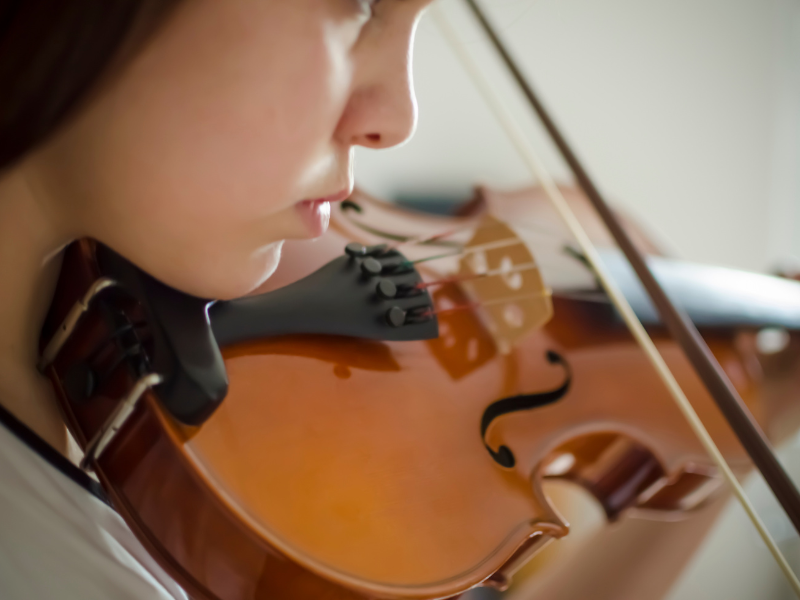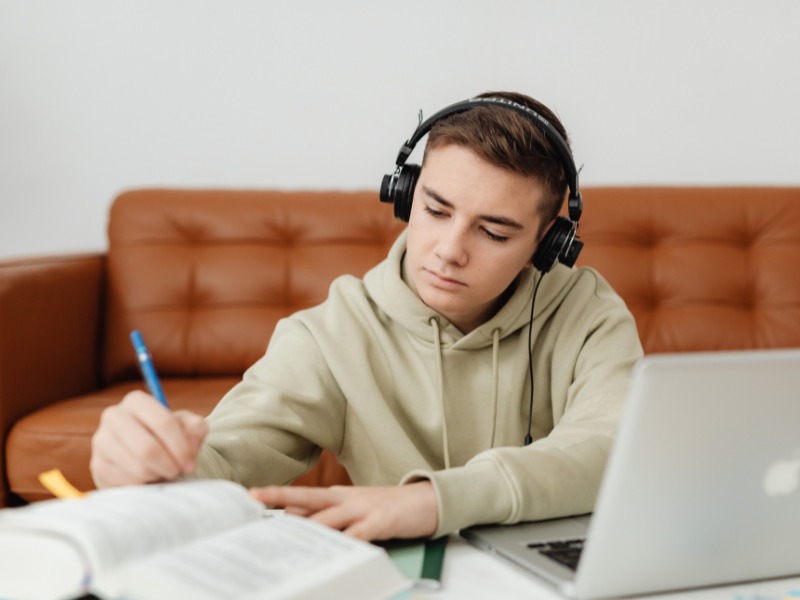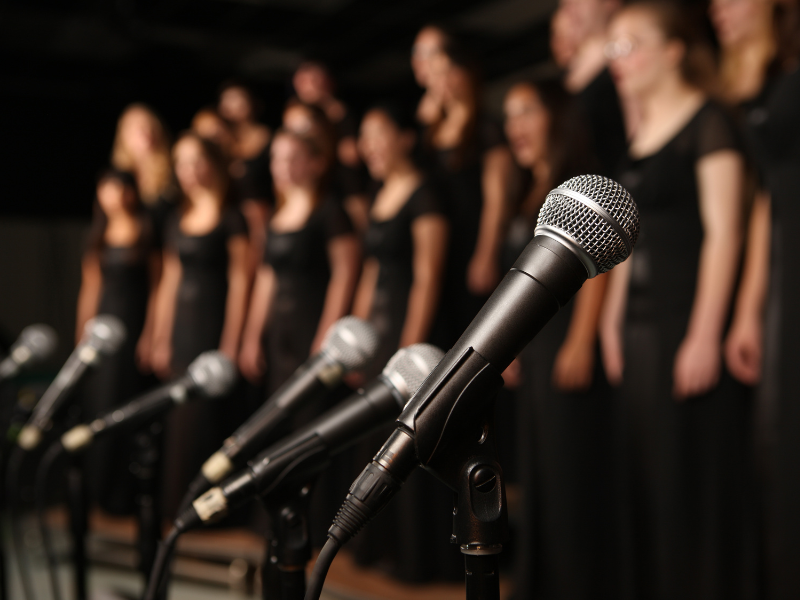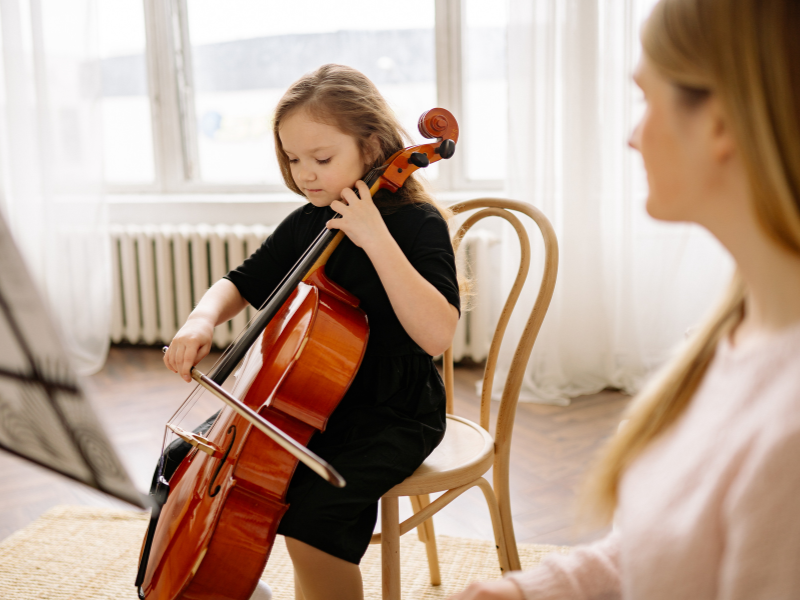
Research Updates

Here at Bigger Better Brains we believe that through educating yourself, you can then educate and affect positive change in your community.
With all of the research in the field of neuromusical science, our BBB Research section serves as a content hub for you. We regularly share findings and break down the latest research to educate and inspire discussion. We hope you enjoy this page on our website and share BBB news with your colleagues, parents and students.
Do teenagers know best when it comes to using music to enhance study?
Here is a question we get from parents all the time – should I let my teenager listen to music while they study?
Strings for the win!
This study followed the students for two years and measured how the different types of music learning impacted on several executive function skills.
Musical training linked to improved attention and working memory
“Musical training can improve attention and working memory, which are executive functions that are important for daily life and are correlated with general better outcomes during lifespan.”
A school transformed itself by giving every student a violin
This is where the power of the story is. It is not simply that music learning has transformed a school and its students; it is HOW it has done it.
Could music help improve students’ ability to learn?
As students worldwide are having educational experiences that are a little or a lot different to their “normal”, teachers are looking for ways to maintain students’ engagement in a similar way to when they are attending “normal” school.
Music hits the mark to improve our memory
For almost a decade now we have understood that music listening activates the reward network in the brain.
Hospitals are prescribing music therapy for babies
“Research suggests music helps parents bond with babies who have had a harrowing start to life and may benefit the babies’ health and brain development.”
Singing – the [new] pain management for premature babies
“The primary musical features of infant-directed singing are ideal for emotional coordination and sharing between parent and infant without the risk of over-stimulation.”
Music learning enhances executive function in preschoolers
After 12 weeks of 35 minutes of active music learning every day, randomly chosen preschoolers in the experiment group had higher scores on all of these executive function measures.
Can singing in a choir benefit you or your community?
Group singing scientifically strengthens a community! “You hear people say all the time, ‘Oh, I can’t sing’ or ‘I’m not good enough to sing,’ and I really think that’s a shame. It goes against our evolutionary history.”
People who move together like each other more
This could be why music festivals seem to be going from strength to strength, we are just finding ways to like each other more.
Make your brain more efficient
How efficiently is your brain working today? Music learning trains the brain to use fewer brain resources when compared with non-musically trained people (and in this case those who are also bilingual).









![Singing – the [new] pain management for premature babies](https://images.squarespace-cdn.com/content/v1/64c31ad8c54df33979a8ebe4/c3eca797-6d6a-4d52-a6a8-3087eab8c824/Mum+and+baby.png)











